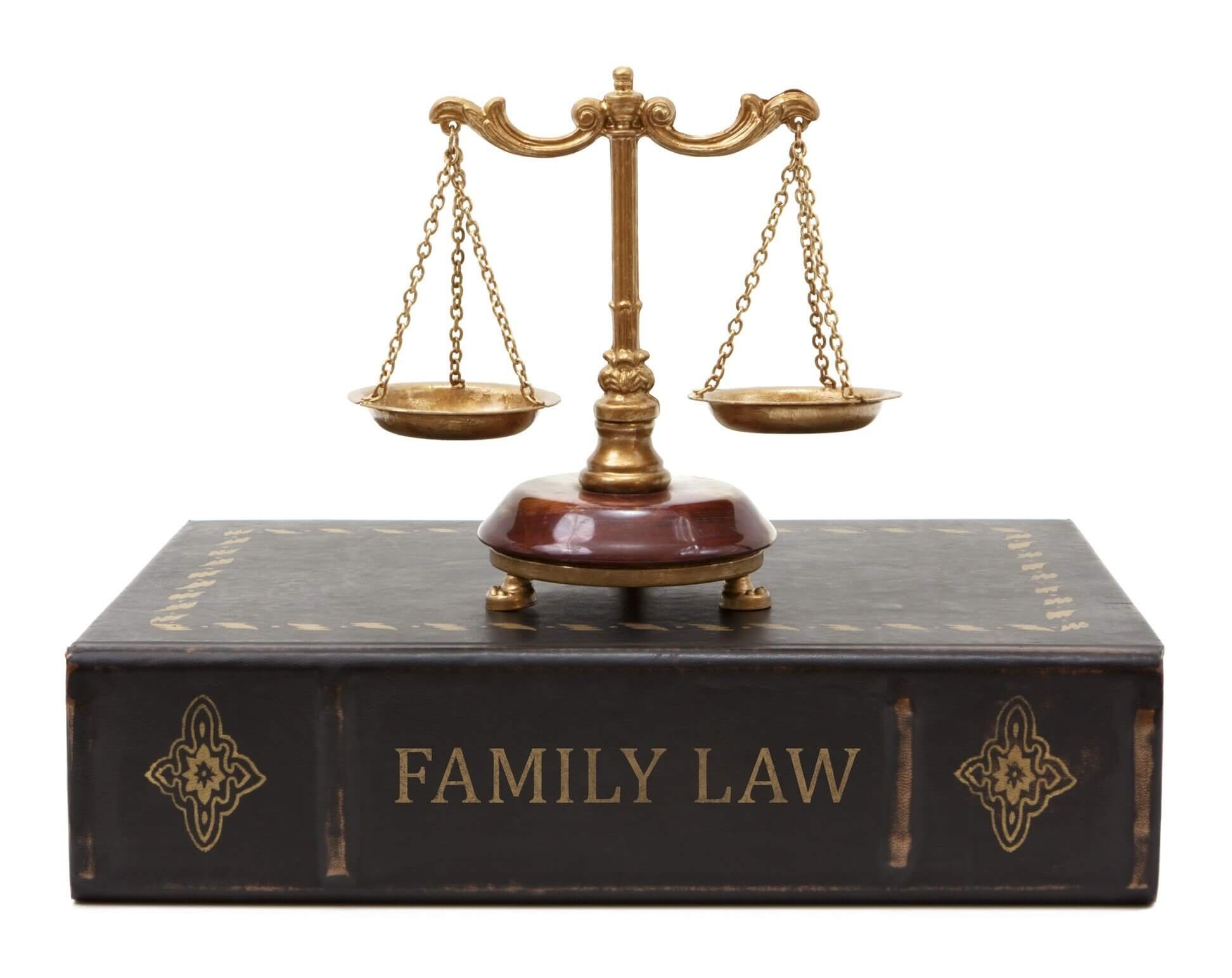
What is Parental Decision-Making in Colorado?
In Colorado, parenting time and decision-making power are separate issues. Even if both parents share custody, one parent can still have the final say on important decisions. This often happens when parents have trouble making joint decisions or if there’s a history of domestic violence.
If the court believes that one parent cannot make decisions in the child’s best interest, that parent may lose their decision-making authority. Sometimes, the court may change existing agreements based on how each parent has acted in the past.
What do Judges Consider when deciding Decision-Making Authority?
Like parenting time, judges in Colorado have a lot of discretion regarding decision-making powers. In addition to the factors they consider for parenting time, they also look at:
Cooperation: The court looks for evidence of how well the parents can work together and make decisions jointly.
Past Involvement: The court considers how each parent has been involved with the child in the past. This includes their values, time spent together, and support for each other, indicating how well they can make decisions together.
Encouraging Contact: The court assesses whether shared decision-making will help the child have more contact with both parents.
These factors can vary depending on each family's situation. Every family is unique, and every child custody situation demands a personalized approach. If you’re facing a divorce, custody case, or looking to modify parental rights, I’m here to help. Let’s start a conversation to ensure your family’s needs are met.
